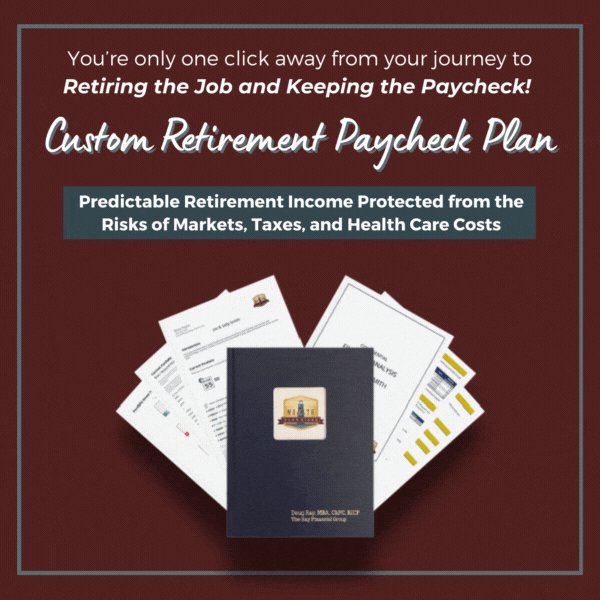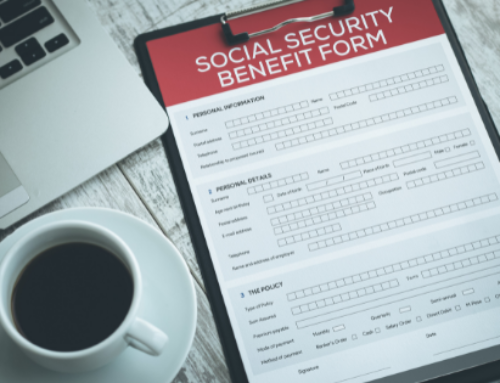 In a rush to file for Social Security benefits at age 62? Many people are – but slow down and do the math first.
In a rush to file for Social Security benefits at age 62? Many people are – but slow down and do the math first.
When it comes to claiming Social Security retirement benefits, you may want to consider waiting to start
benefits when you’re 70. That means not starting benefits when you’re 62 (which is still popular with many), nor even full retirement age (which is somewhere between 66 and 67 for most Baby Boomers).
I know that starting benefits at age 70 might be a tough thing to reconcile with — but it doesn’t mean that you have to work until you’re 70.
Here are three reasons why delaying taking your Social Security benefit to age 70 is a decision you may want to consider:
- You’ll Get a Bigger Monthly Social Security Benefit If You Wait Until 70
Claiming Social Security before you reach full retirement age (FRA) will result in a reduction in benefits — as much as 25% to 30% less than you would have received if you had waited. That reduction is permanent.
Instead, if you wait to take your benefits until after your FRA, Social Security will add an 8% delayed retirement credit to your eventual monthly payout each year you hold off, up until age 70.
That’s a guaranteed return of 8% per year of deferral after your FRA, which could be more than you might receive with any other fixed products right now. It’s definitely more than the cost-of-living adjustments (COLAs) that Social Security beneficiaries have been getting for the past decade, which have averaged about 1.5% a year.
Those COLA increases are not always enough to keep up with true inflation. And, when there is a COLA for Social Security, it may be coupled with a Medicare premium increase.
- You May Draw Social Security Benefits for a Long, Long Time
Life expectancy is a critical factor in Social Security planning. Of course, no one can predict how long they will live, but according to the CDC’s most recent figures, the average American who makes it to age 65 can expect to live another 19 years.
If your Social Security benefit at 70 is more than 75% higher than your benefit at 62, you’re going to have a lot more money to take care of your needs as you age.
Don’t forget that if you’re married, the lower Social Security payment will go away when one of you passes away. If the spouse with the greater Social Security wage history waits as long as possible to file for benefits, he or she will leave behind a bigger benefit for the surviving spouse to live on.
Given that fewer and fewer Baby Boomers will have an employee pension to count on in retirement, it may make sense to maximize Social Security’s reliable income stream.
- You Could Help Keep Your Tax Bill Lower
Many people don’t realize that they could end up paying federal income taxes on as much as 85% of their Social Security benefits.
If you file a federal tax return as an individual and your “provisional income” (adjusted gross income + nontaxable interest + half of your Social Security benefits) is between $25,000 and $34,000, then up to 50% of your benefits may be federally taxable as earned income. If your provisional income is more than $34,000, you may have to pay federal income taxes on up to 85% of your Social Security benefits.
If you file a joint return and you and your spouse have a provisional income between $32,000 and $44,000, up to 50% of your Social Security benefits could be taxed. If your provisional income with your spouse is more than $44,000, up to 85% of your Social Security benefits may be taxable.
If you don’t have much taxable income in retirement, you may not have to pay any federal taxes on your Social Security benefits. But if you’re like many Baby Boomers — you may have a hefty amount of your retirement savings in tax-deferred IRAs or 401(k)s — and the federal income taxes on those savings could be substantial.
To help with that, you may be able to take distributions from your tax-deferred accounts (IRA, 401(k), etc.) now, and perform some Roth conversions, and/or perhaps conversions to other vehicles that can provide you with tax-free income, such as life insurance, so that Social Security benefits later (like after age 70) may not be taxed at all by the federal government.
If you can’t (or don’t want to) work any longer, you could create a plan now to carefully withdraw that tax-deferred money (from your IRA, 401(k), etc.) as an income stream early in retirement so that you can delay taking Social Security until you’re 70. Consult with a qualified financial advisor (like us!) and tax professionals to see if any of these options are right for your situation.
This may possibly eliminate or reduce required minimum distributions (RMDs), and their associated federal income taxes, at age 72.
The Bottom Line on When to Claim Social Security
Every individual’s and couple’s needs are different when it comes to claiming Social Security. But maybe waiting until age 70 is something we should seriously consider.
Even if you’ve already filed, you may find that you’re eligible for a do-over. You can withdraw your application for up to 12 months after you file and reapply later. But you only get one do-over. If it makes sense for you to do this, you’ll have to pay back the Social Security benefits that you received, and in many cases your IRA or 401(k) may be where you have to get that money.
If you aren’t sure which Social Security claiming strategy is the best fit for your needs and goals, The Wealth Guardians can educate you more on retirement income planning and, specifically, Social Security benefits. We use proprietary software that identifies the best filing strategy for your situation. Plus, our Custom Retirement Paycheck Plan shows how your benefits interact with other income sources including Required Minimum Distributions (RMDs), dividends and interest, capital gains, and other income (Pensions, annuities, rental income, etc.). We’ll provide a custom report that will show you how and when to file for Social Security to maximize your benefit, lay out all your options and help you work out a timeline.
Let us show you in black and white a custom retirement income plan that is comprehensive, individualized and based on strategies that balance growth with downside protection. Get your Custom Retirement Paycheck Plan now!
Give us a call at our Charlotte office at (704) 248-8549, or our Clemmons office at (336) 391-3409. Or, click here to request a no-cost, no-obligation meeting.
[SOURCES & ADDITIONAL DISCLOSURES]
Copyright © 2020 The Kiplinger Washington Editors. All rights reserved.
Distributed by Financial Media Exchange.






